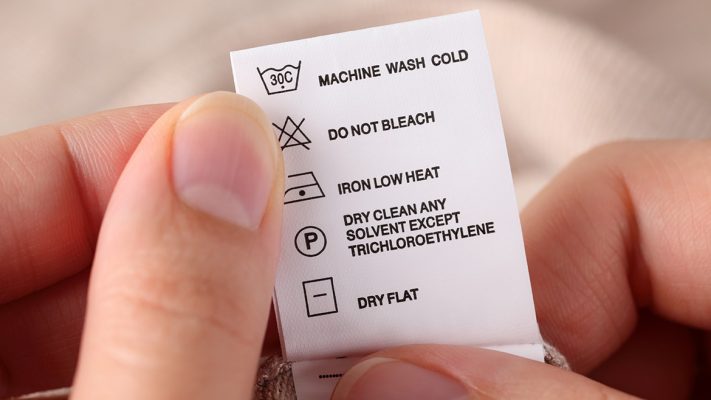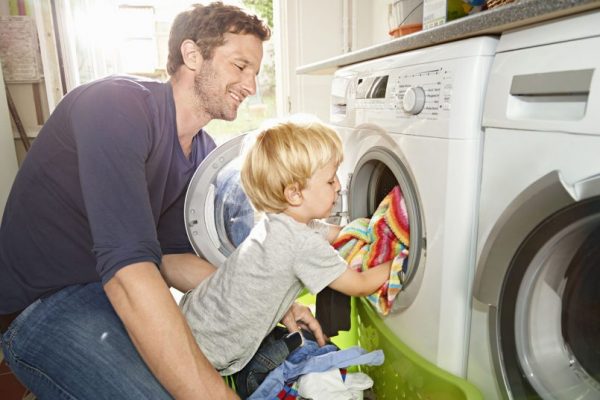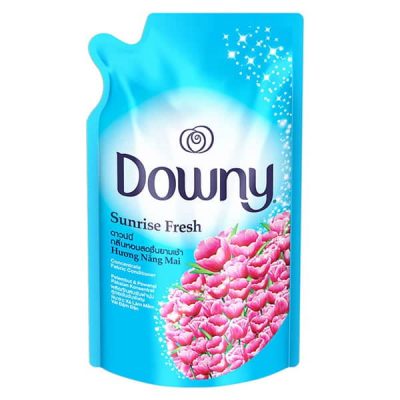No products in the cart.
Laundry Detergent
What is the purpose of laundry detergent?
Table of Contents
What is laundry detergent
Historical background
From old times, individuals have actually begun to utilize chemical components to aid with the mechanical cleaning of material fibers with water. The earliest taped evidence of the production of soap-like products returns to around 2800 BC in old Babylon.
How does it clean the laundry?
All laundry detergent ingredients have a job to do, but the one group that’s actually important to get your clothes clean is surfactants. The tail of a surfactant molecule is hydrophobic, or not brought into the water. The head of the surfactant particle, on the other hand, is hydrophilic– it’s brought into the water.
Why use Laundry detergent
Absolutely nothing beats the feeling of putting on a clean T-shirt, specifically after a shower. It leaves you feeling fresh and ready to handle the day. And where do these tidy T-shirts come from? Ah, yes– the laundry, that home task that never seems to go off of your to-do list. Even the numbers concur: The average American family does about 300 loads of laundry annually.
What precisely is going on in that washing device to get our clothes and materials clean? The trick is laundry detergent.
Prior to the creation of laundry cleaning agents, Americans utilized soap flakes to wash clothing. Nevertheless, in the 1930s, the first laundry detergent, Dreft by Procter & Gamble, struck the marketplace. Later, in 1943, Procter & Gamble produced Tide, which could get out harder spots due to the use of some really distinct chemical active ingredients. Considering that the 1930s and 1940s, laundry detergent has become a family necessity that is used around the world to clean materials. How exactly do laundry detergents get your clothing clean up? In this post, we are going to get to the bottom of what happens when cleaning agents enter your washing device.
Prior to the invention of laundry detergents, Americans used soap flakes to wash clothing. Because of the 1930s and 1940s, laundry detergent has actually become a household necessity that is utilized around the world to clean materials.
Now we have discussed what and why you should use laundry detergent for your own hygiene and your health. But how exactly could you get the most from laundry detergent? let’s take a look further down this article.
Water temperature level
Water temperature is a huge element. No matter if you select cold, warm, or hot, liquid detergent combines with the wash water entirely since it’s already a liquid.
Some powder brand names, on the other hand, don’t liquify also in cold water settings, specifically in high-efficiency washers. Given that the majority of your clothes ought to be washed in cold water to prevent shrinkage and dyes from bleeding, this will quickly become a problem.
If the water temperature is under 68 degrees F (20 degrees C), you might discover little clumps of remaining detergent on your clothing after a wash, requiring an additional spin cycle to remove them. This puts extra wear and tear on your washer and your clothing.
The health of your machine

The powder can also leave pieces of undissolved detergent in your washing device parts. As you can envision, this can lead to breakdowns. It particularly impacts the washer’s drainage system.
Gradually, the clumps can develop, triggering a blockage that looks a lot like difficult water deposits. I had to call a repairman to repair my washer numerous times because it would not drain. The service technician finally clued me in on his last visit– my powdered detergent was doing the damage.
Septic concerns
In addition to your cleaning machine, you may desire to consider how your detergent impacts your septic system if you have one.
If you have an aerated system, it’s best to select a powder detergent that has a low level of surfactants, substances that lower the surface area stress of water. This will avoid bubbles from obstructing the aeration chamber. If you have a gravity-powered septic tank, however, liquid laundry detergents are a better choice.
Overall, look for detergents that are identified as “Septic Safe.”
The powder can also leave portions of undissolved detergent in your washing device parts. The repairman finally clued me in on his last visit– my powdered detergent was doing the damage.
If you have an oxygenated system, it’s finest to choose a powder detergent that has a low level of surfactants, substances that lower the surface stress of water. If you have a gravity-powered septic system, though, liquid laundry cleaning agents are a much better choice.
What is the best laundry detergent?
If you read all of the above, you will think that laundry detergent is very important to use. And that’s true, it’s very important to use laundry detergent for your clothes. However, more importantly, you should use the right laundry detergent. Right now there are many brands and one of the products in the market and you have to be careful of each product. For your own safeness, I would suggest that Downy is our best laundry detergent available widely around the world. If you want to know more why would I say so, read this article about Downy Fabric Softener-The Best Choice In the Market or even Why Downy Fabric Conditioner is the best choice?. You might also want to find out about Which Cleans Better? Liquid vs. Powder Detergent






Pingback: What is the purpose of laundry detergent? – Asia Grocery Co., Ltd.